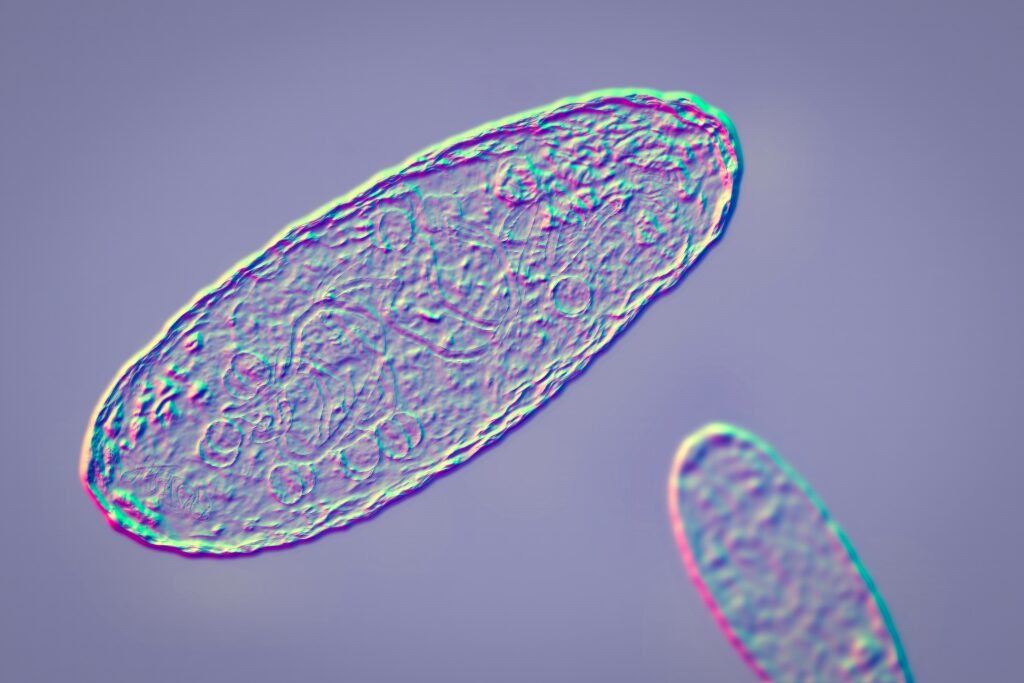Researchers confirmed Yersinia pestis caused the Justinian Plague, the world’s earliest recorded pandemic 1,500 years ago.
They traced the bacterium to a mass grave beneath Jerash, Jordan, providing the first direct biological evidence.
Lead researcher Rays HY Jiang said the study offers a genetic window into the pandemic’s impact on the empire.
Justinian Plague Killed Millions
The plague began in 541 CE and swept through the Byzantine Empire and eastern Mediterranean.
Historians estimate it killed 15 to 100 million people over two centuries of repeated outbreaks.
Researchers linked the pandemic to Yersinia pestis, the same bacterium behind the Black Death in 1346.
The bacterium spreads through fleas on rodents and can transmit directly between humans in pneumonic form.
DNA Analysis Reveals Ancient Outbreak
Scientists examined eight teeth from Jerash’s Roman hippodrome burial chambers using advanced DNA techniques.
They discovered almost identical strains of Yersinia pestis, confirming a rapid, deadly outbreak between 550 and 660 AD.
The evidence matches historical records of mass fatalities and urban centers overwhelmed by the crisis.
Plague Continues to Threaten Humanity
A related study shows Yersinia pestis circulated among humans long before Justinian’s outbreak.
Later pandemics emerged independently from animal reservoirs rather than a single source.
Jiang warned the plague evolves continuously, like COVID, and will remain a persistent global threat.


